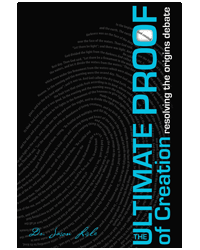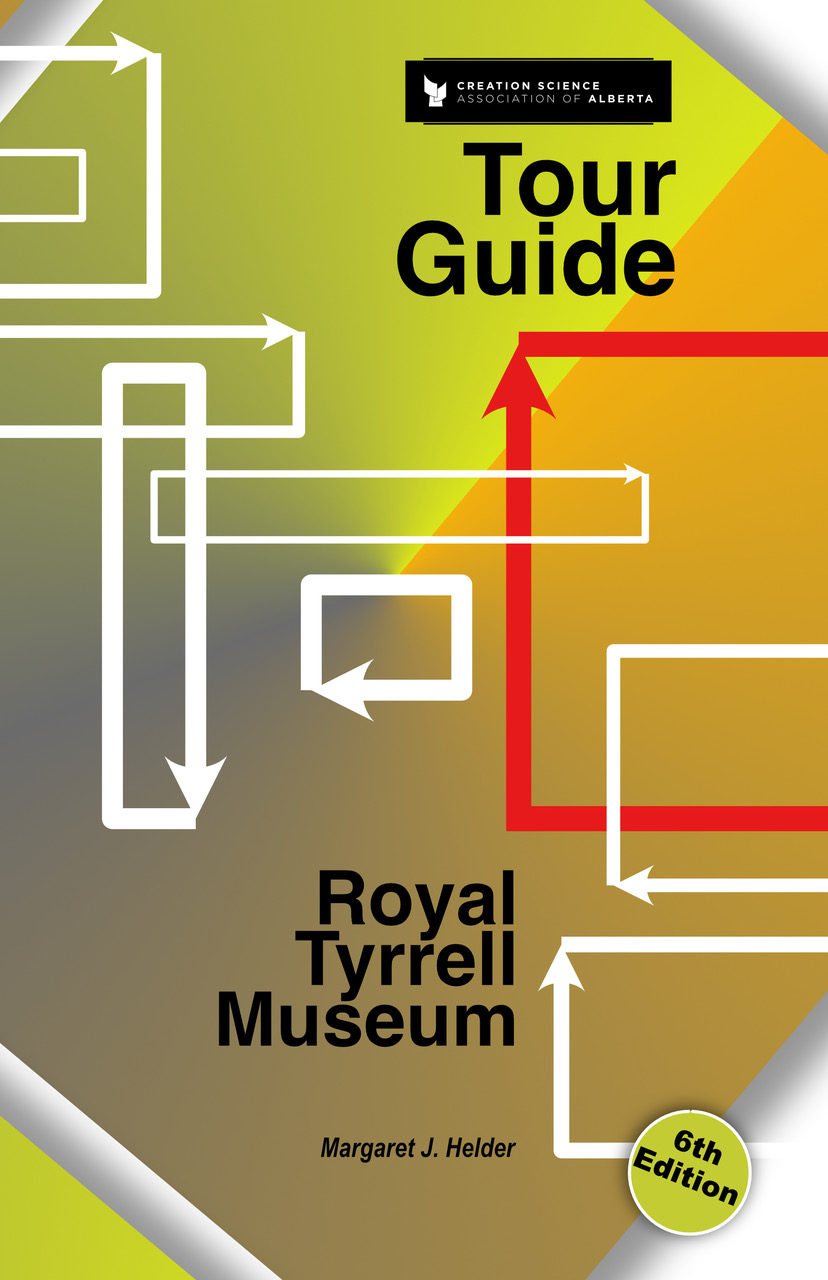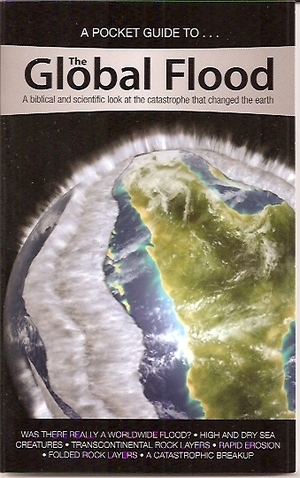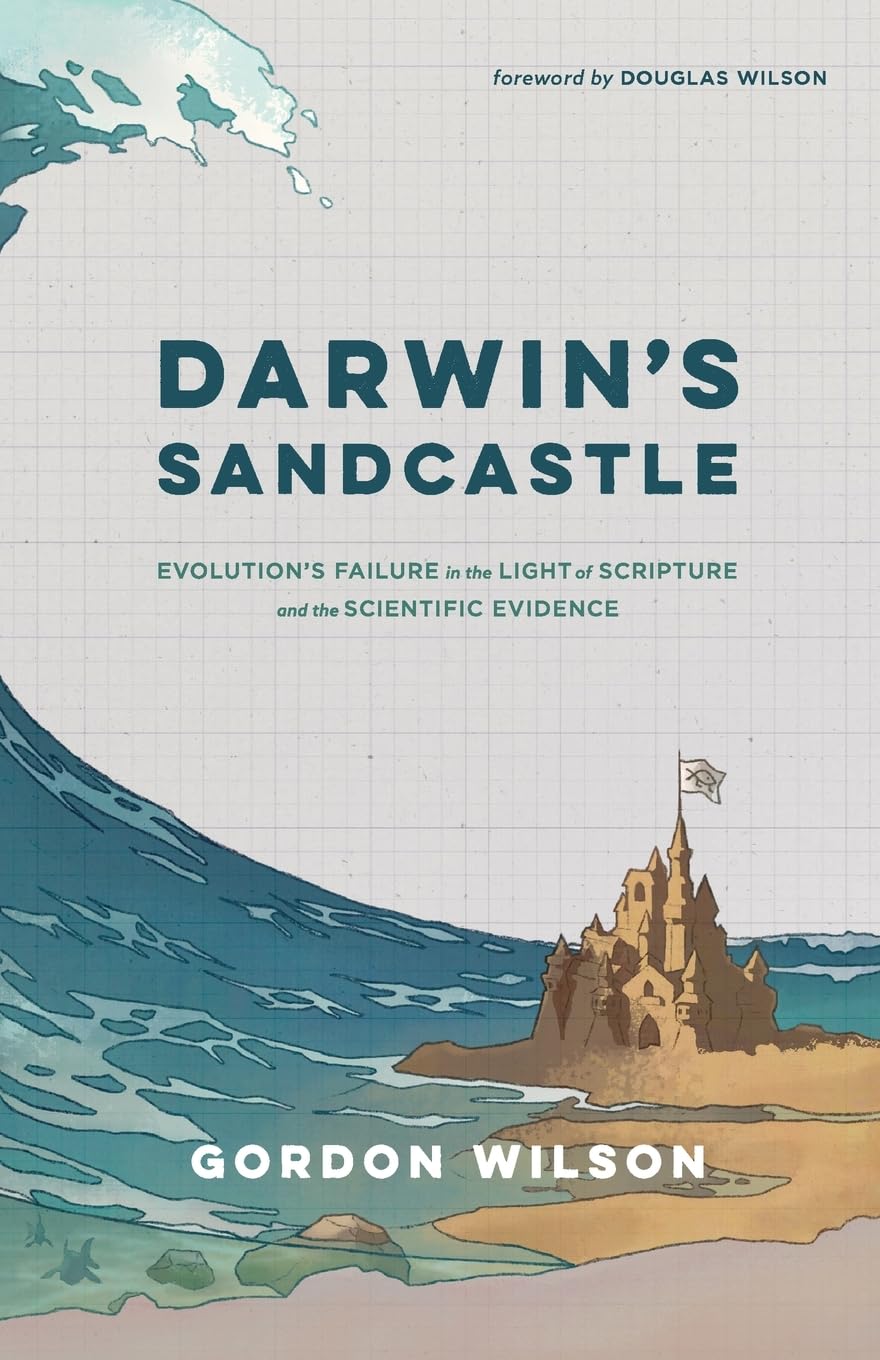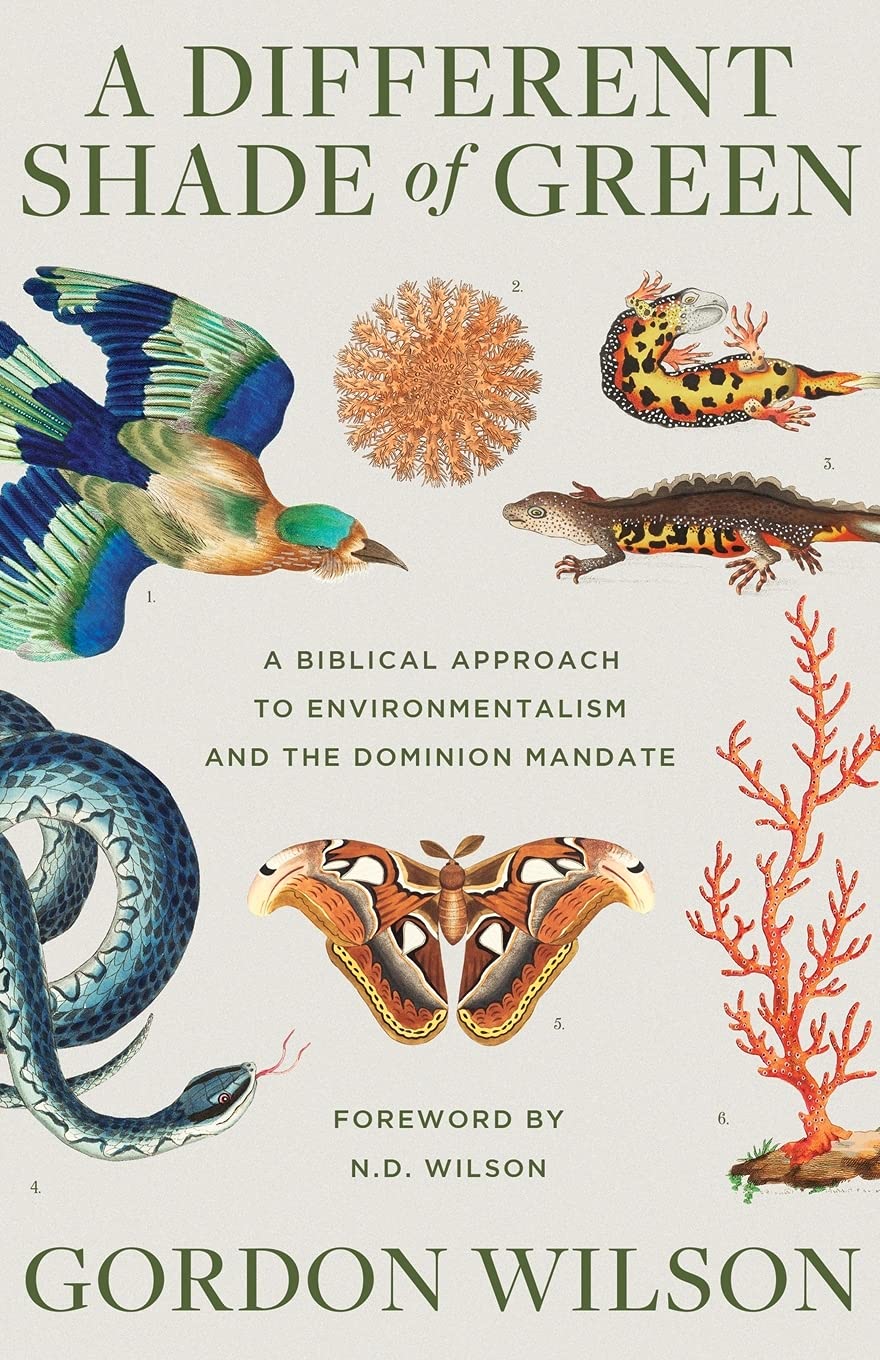Jason Lisle, Ph.D., graduated in astronomy from the University of Colorado. After years of experience in teaching and conducting research in solar astrophysics, he wrote Taking Back Astronomy: the Heavens Declare Creation (2006) which was aimed at junior high to adult readers. Now he has written The Ultimate Proof of Creation: resolving the origins debate (2009). Unlike the previous book, this one does not discuss much science at all. Rather he sets out to help everyone discuss more effectively what the ultimate foundation of our position, the creation model, really is. Do you want to think more clearly and even declare more effectively what the important issues are? Then this interesting book is certainly for you!
Dr. Lisle begins by declaring that the only rational basis for knowing anything is the understanding that God created everything including matter, all natural processes and abstract phenomena like morality, mathematics and the ability to learn. In this context he maintains that there are two categories of individuals: those who approach the world in a reasonable way (rational) since they look to God as the ultimate foundation of everything, and those who base everything on an unknown and unknowable impersonal source (which is an irrational approach or contrary to reason).
Dr. Lisle then provides a very readable introduction to logic so that one can easily perceive why evolution based arguments are without a reasonable foundation and therefore are false. For example, one should look for arbitrary arguments (based on mere opinion), and unstated philosophical biases such as the insistence that the work of God will never be evident in nature. Don’t worry, this advice sounds complicated but the author makes it interesting and understandable. Also one should look for inconsistency on the part of an opponent such that there is one standard for his position and another for yours.
Dr. L. then illustrates a wide variety of false arguments (fallacies) such as providing only two alternatives to a defender of an opposing position while excluding another possibility which actually might be the true solution. Another fallacy is circular reasoning which is most often wrong, but not always. Another fallacy is the appeal to majority opinion or expert opinion which could actually be wrong. And another common fallacy is to attack the character of the opponent in a way unconnected to the issue at hand but so as to foster disrespect for this person and arguments. These are just a few of the false arguments which Dr. L. covers.
The author’s purpose in showing the reader how to recognize false debating strategies is to provide each person with the ability to demonstrate the merits of the Christian worldview and how any other worldview is sadly lacking. In his opinion, issues of science impact this discussion only minimally so the individual does not need to be heavily trained in this discipline. It is also his position that one should generally discuss details of science only with people who share the same worldview — but there are others who would include a wider audience in their discussions.
Lastly the book provides the reader with opportunities to practice these newly acquired skills of logical analysis. Quite a number of real messages from the public to the AiG website are printed. The reader is encouraged to conduct his/her own analysis. Then Dr. L provides his own analysis of the arguments and a possible response to the individual. There is no doubt that one can learn a lot from this stimulating exercise!
Jason Lisle. 2009. The Ultimate Proof of Creation: resolving the origins debate. Master Books. pp. 254.
November 2010
Subscribe to Dialogue


